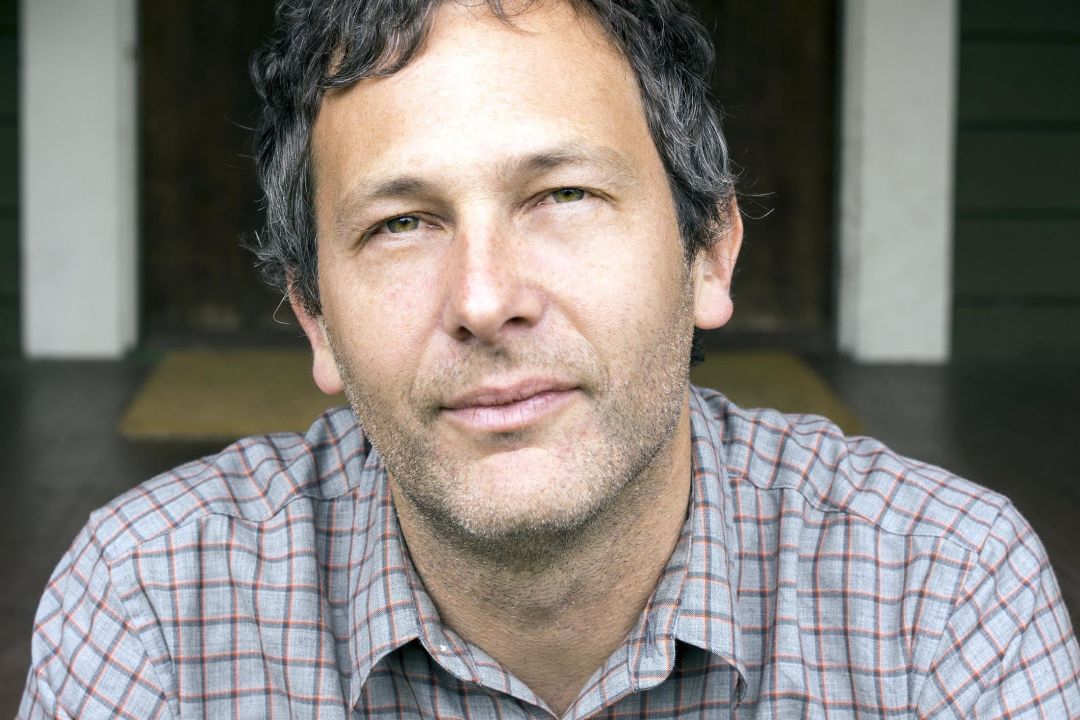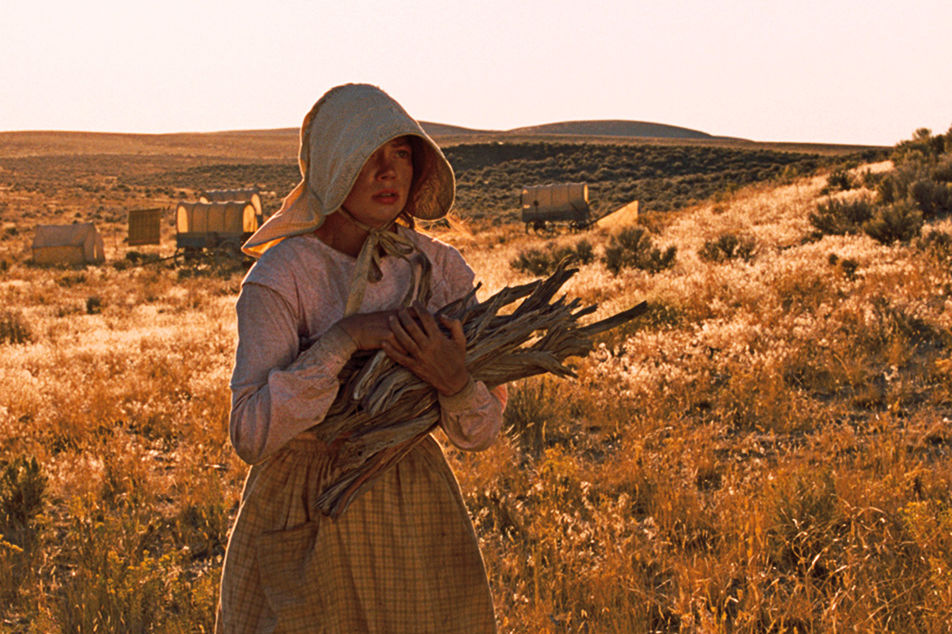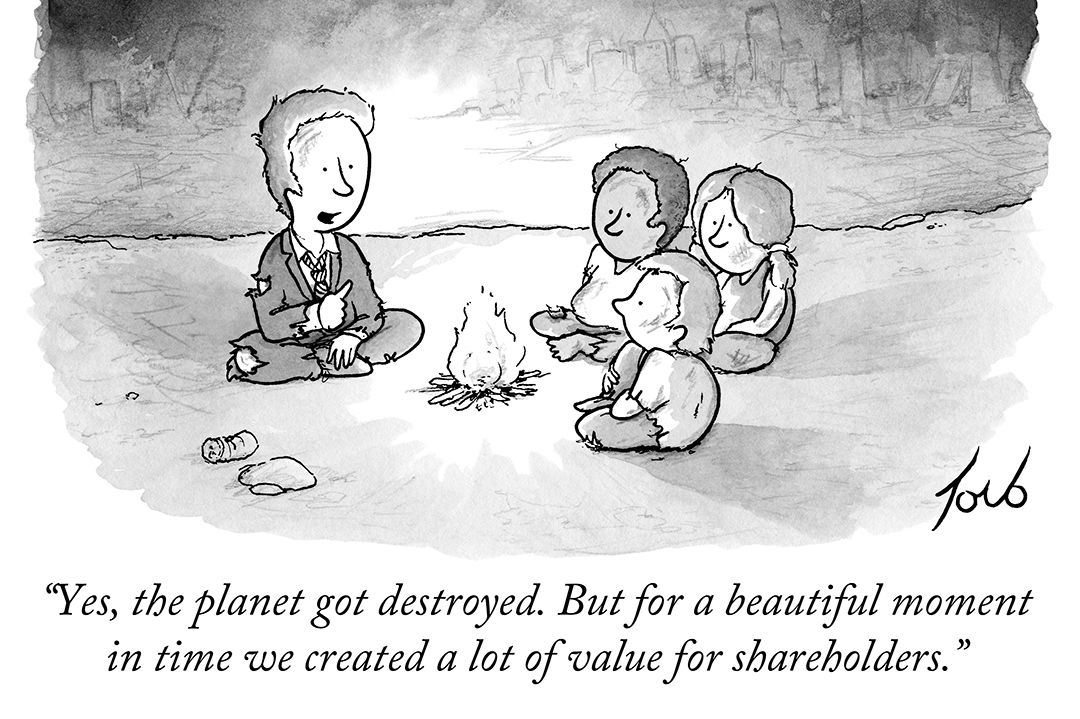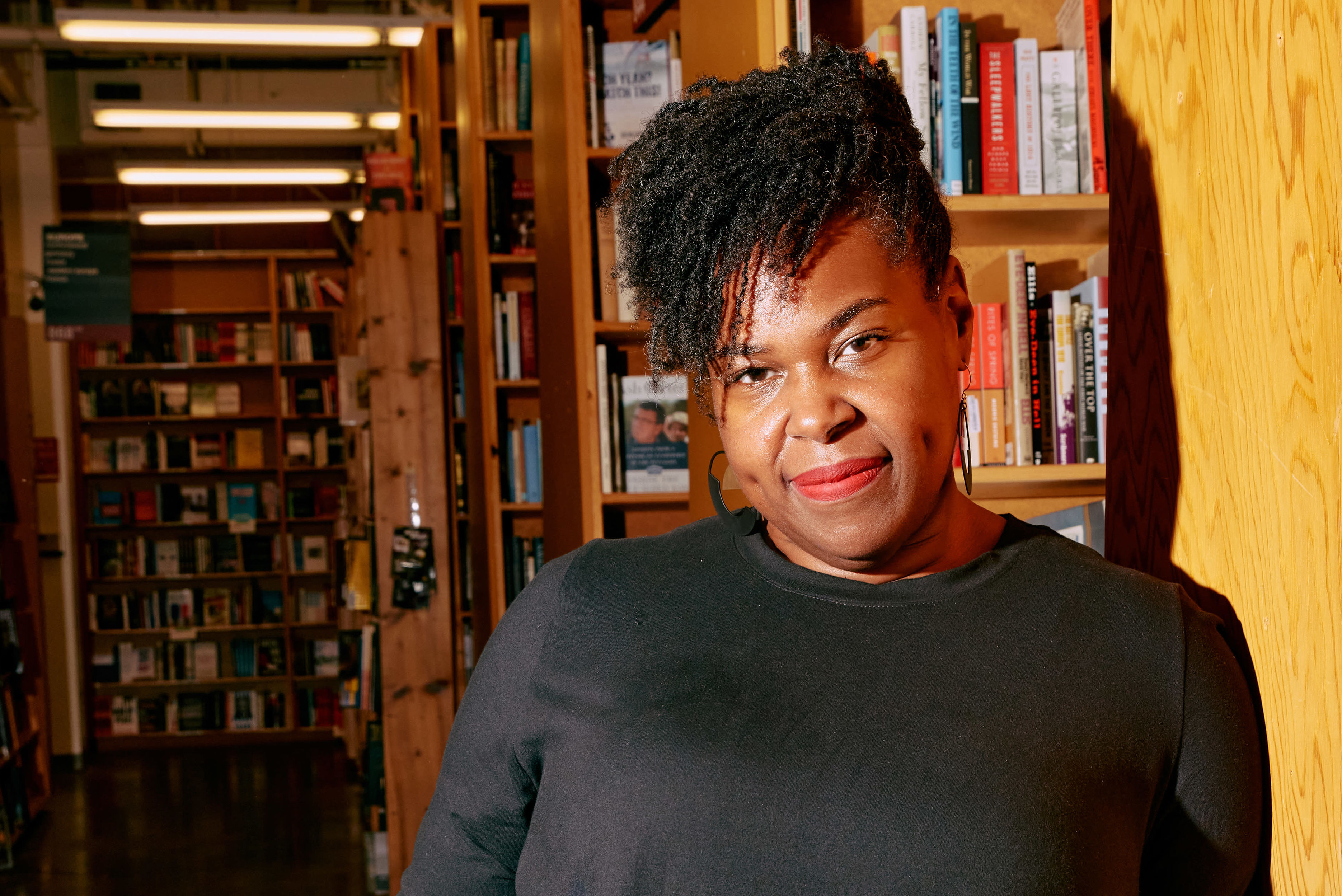Jon Raymond on Drought, Dilemmas, and Homicidal Rage

Image: Courtesy Graywolf Press
A Los Angeles bureaucrat finds herself considering a shady business deal with environmental implications. Her father, a Holocaust survivor, and her layabout son take a road trip to retrieve the contents of an old safety deposit box. Her brother returns from Afghanistan with PTSD and a plan for radical violence. Jon Raymond’s new novel, Freebird, grapples with questions of personal morality, past trauma, and present responsibility within one middle-class American family.
Raymond, who lives in Portland, is the author of two previous novels—Half Life and Rain Dragon—and the short story collection Livability. He also co-wrote the screenplays for the films Old Joy and Wendy and Lucy—both based on his short stories— and for Meek’s Cutoff and Night Moves. He was nominated for an Emmy for his work on the HBO miniseries Mildred Pierce.
We caught up with the author ahead of his Inauguration Day Powell’s reading to talk moral laziness, America's fraught political landscape, and bloodthirsty book readings.
Freebird has four central characters, and touches on themes from war to the environment to personal morality to family relationships. Where did it begin?
Particularly for a novel, at least for me, there has to be a few wellsprings there that carry it through. One of the foundations of it is the life of my grandfather, who was a Holocaust survivor, and by the time I met him in the early '70s, he owned a health food store in Sonoma, California, and drove a motorcycle and grew weed in his backyard. That to me was a life that always seemed so incongruous and hard to comprehend, that he had experienced these totally different lives. That’s been a longstanding subject I’ve wanted to get at, because his experience in the camps has been informative not just for me but my whole family in the way we think about politics and history and our roles in society. He passed away a few years ago and that opened up the door, because I don’t know if I necessarily wanted to write about him when he was going to still be there to read it, but it also created an urgency to get certain vignettes down when they were still fresh.
I knew in general that I wanted it to be a political book, and there is a certain wish fulfillment fantasy that I wanted to write too about assassinating my ideological opponent. And to me those kinds of stories had some relevance to each other—my own contemporary political homicidal fantasies and the violence of my grandfather’s childhood. There’s some association there.
Where did Anne come in, a character whose slide into murky moral territory is at the heart of the book?
As the family expanded, I was seeking some kind of crisis for Anne, the sister character. A friend had mentioned in passing this idea of privatizing waste water as this Enron-ish scheme, and that filled out some political spectrum of crisis for me. It felt like I could create a whole family that was in some ways a microcosm of our more general American family.
In many ways, Anne’s ethical dilemma is scarily relatable, that incremental edging over to the wrong side of history.
Admittedly, she is a more realistic character than her brother. Her brother is a more pure and passionate ideological force and, to me, what she was about was a certain moral laziness that sets in, a certain ethical torpor that is much more congruent with my own daily experience. I have my flashes of homicidal rage, but the other 23 and a half hours a day are in this much more nebulous area. Certainly my own work experiences and family relationships and ideas of citizenship are just much blurrier and unsatisfying. That’s much more the realm most of us actually exist in. There are those ideologues who perpetrate horrible acts in the name of their own belief system—it’s kind of incredible how many of them there are–but still they’re a tiny extraction compared to that mass of fumbling people like myself.
And now you've put that notion out there—the privatization of waste water—that seems ripe for some nefarious real life character to run with!
I have to imagine people have been pondering it in some way, and I would imagine there would be a tipping scale where the cost-benefit analysis pans out. But the issues become sort of abstract when there’s not blood on the wall, and it’s really easy to make allowances and compromises, partly because it is just generally unclear. I have certainly rented myself out to institutions that I find objectionable repeatedly, and whether that's really damaged the world or not, I don’t know. I think that’s how so much of society is constructed—that is part of the side effect of these mega bureaucracies we’ve created where nobody has to feel accountable at any moment. It’s part of what drives a lot of the anger and resentment of daily life, that stuff that no one can be exactly properly blamed for, that oneself is never really in control of everything. The way our economy or society is organized is almost explicitly about that.
Are such environmental concerns your own?
Yes and no. I started writing this before the drought in California had really peaked in any kind of way. I really thought I was writing about something that was more evergreen and of sort of general annual interest. It didn’t seem like it was a particularly pressing moment for it any more than 1992 or ‘97 or ‘81. It felt like a kind of blandly important thing, but then with the drought and now this incoming climate denier regime, it does start to seem much more pointedly topical. Weirdly, numerous of the intuitions that led me into the book have sharpened into much more topical material than I had imagined they would be at the time. I can't say I’m happy about that, precisely. I think one can get accidental credit for having a certain cosmically fatalistic viewpoint.
Another ethical area explored through the character of Anne’s brother, Ben, is the notion of whether it’s ever morally defensible to kill someone you think is doing evil in the world.
I think fiction is exactly the place to ask that question. I will say as a human, yeah, it’s definitely wrong, you should not kill your political enemies, that is definitively beyond the pale. But I think that’s the idea of fiction, that those repressed desires or those kinds of unspeakable acts are able to be spoken at length.
Kim Gordon (!) called this book “a new classic for the collapsing political landscape of America.” That notion of our collapsing political landscape seems more apt than ever right about now.
The book was conceived definitely to take on these very antagonist structures and feelings that program our politics, the way the conservative versus liberal minds seem unable to even communicate with each other now, and that kind of dichotomy or bifurcation has not remotely healed.
This is your first novel in four years, but you’ve also written short stories, screenplays for movies, and a TV series. Which is your preferred medium?
On those rare occasions that I have an idea they are fiction of some kind, either a novel or a story. The movies that I did with Kelly (Reichardt) were, I think, a very unique and special thing that did feel like an extension of the fictional realm I was thinking about. That felt personal to me, as well as to her. Mildred Pierce was more just an amazing job I got to do, and I think going onward, that seems to be more how the screenwriting happens. It’s hard for me to imagine conceiving and investing my own personal creative life in just screenwriting, you know. It’s a wonderful, great collaborative art form and I love being a part of it, but I feel like I’m more at the call of other people at this point with that kind of work.
Anything in the pipeline right now?
I'm working on a script for Lenny Abrahamson [director of the Oscar-winning Room] right now. I think it would be great if that happens, so you never know.
Your Powell's reading is on Inauguration Day. . .
Isn’t that awesome? I kind of love it. I’m actually pretty stoked—I just want to read about assassinating someone on that day. I think it’s going to be really fun. Hopefully people will be downtown protesting anyway—but it could just be nobody there! You never know. It could be an intimate but bloodthirsty gathering.
Jon Raymond reads at Powell's City of Books at 7:30 p.m. Friday, January 20. FREE. His new novel, Freebird, was published this month by Graywolf Press.




